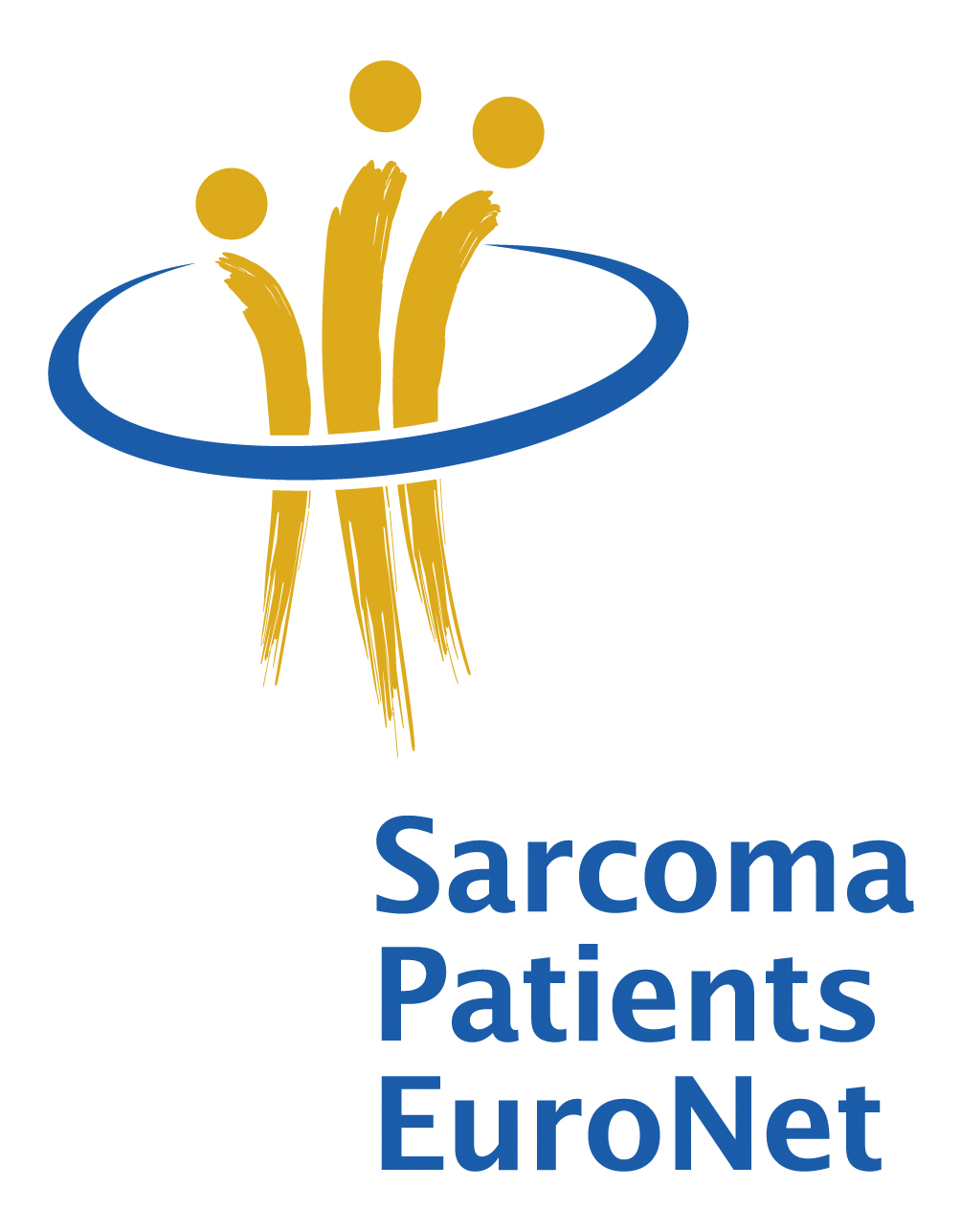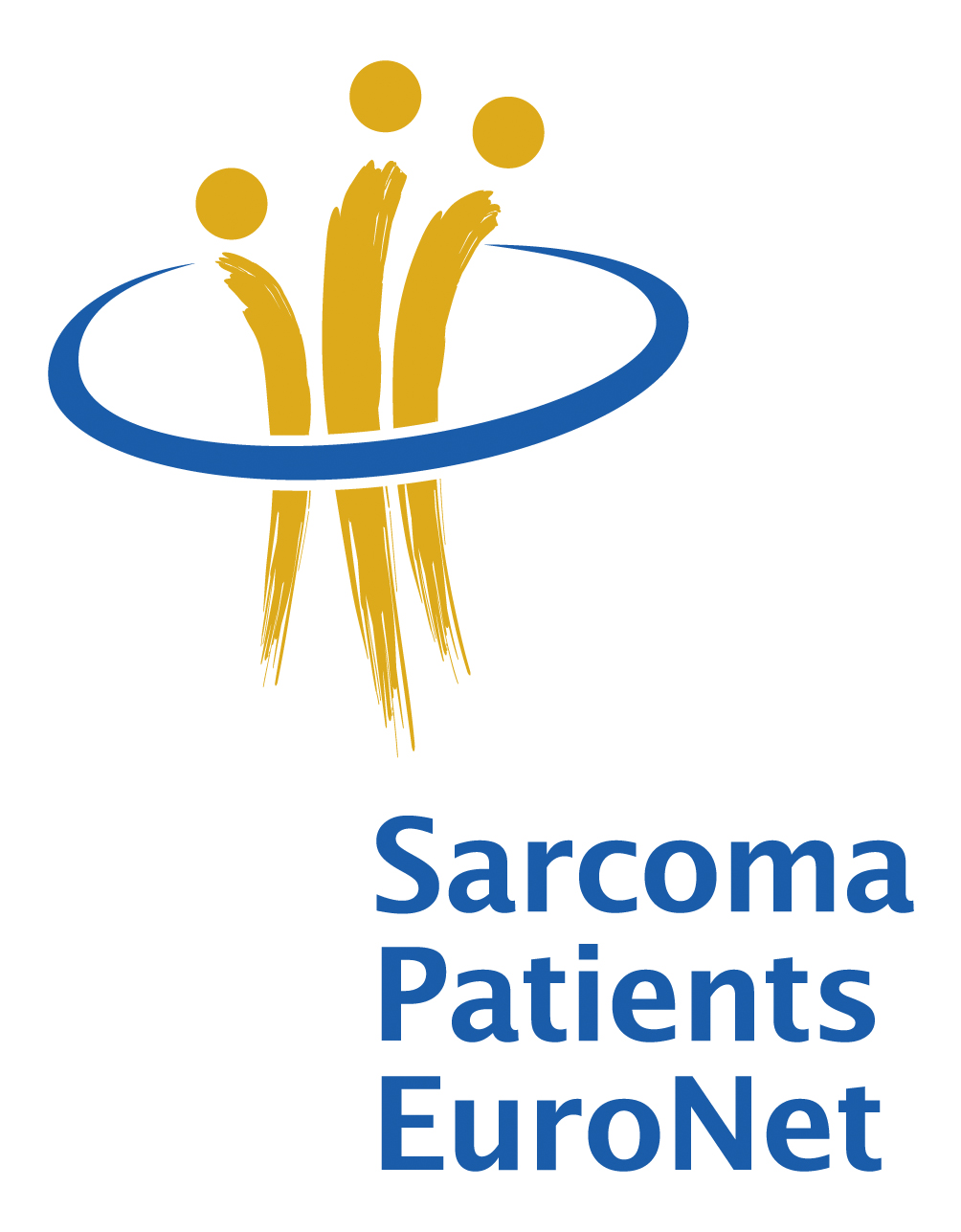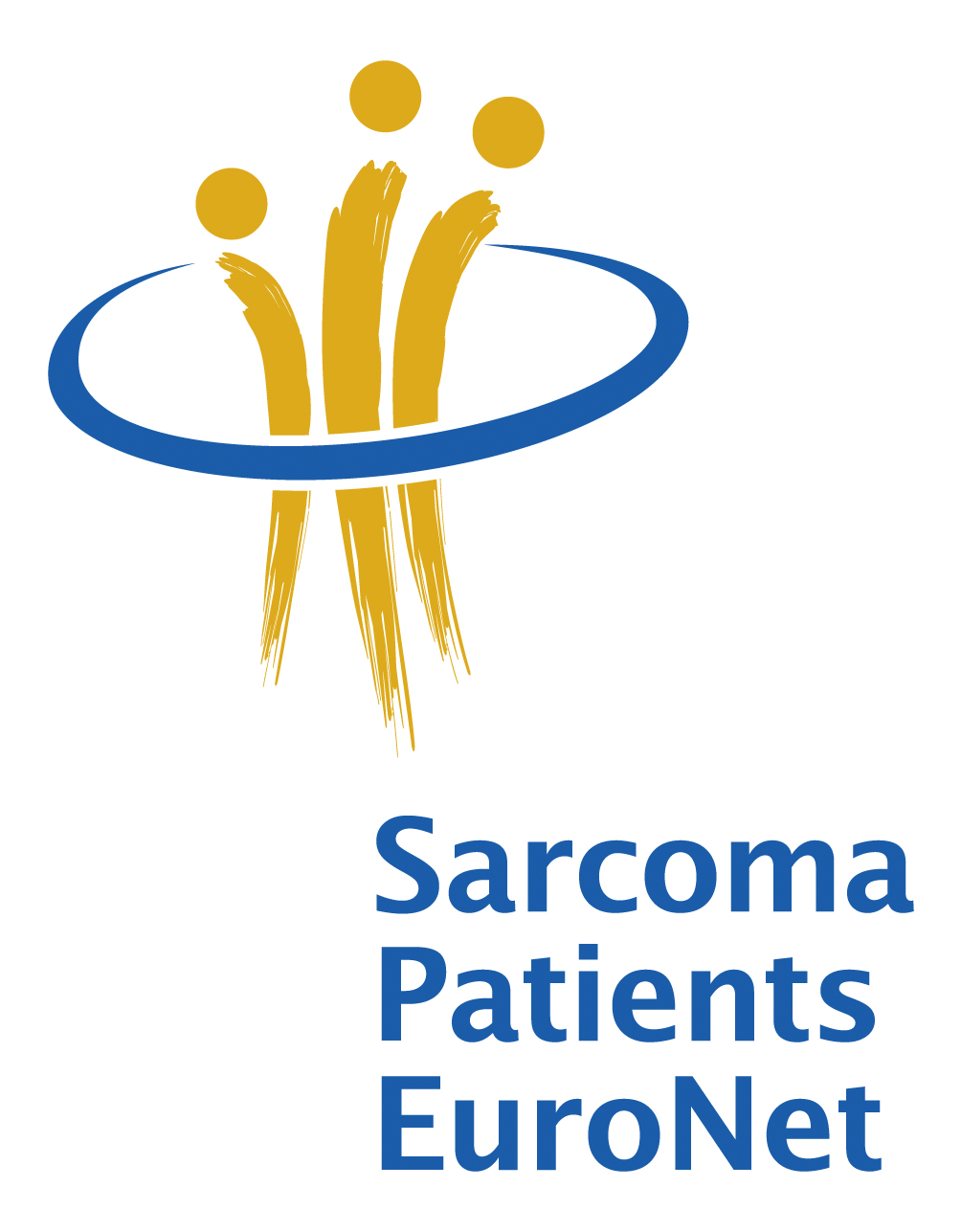Change can only happen if all stakeholders are working together. That’s why SPAEN is also active in EU-funded and/or EU-wide projects:
SELNET
The SELNET project (SELNET has received funding from the European Union’s Horizon 2020 research and innovation programme) seeks to create a European and Latin American multidisciplinary network of clinical and translational specialists to improve diagnosis and clinical care in sarcomas, with the aim of validating a collaborative model replicable in other rare tumors and in other countries.
SPAEN is one of the consortium partners. The SELNET Project aims to improve sarcoma patients management and quality of care. Patients are the cornerstone of the project and they are represented within the Consortium through Sarcoma Patients EuroNet Association (SPAEN).
For further information see: https://selnet-h2020.org/
ESMO Consensus Guidelines GIST/Sarcomas
The ESMO Clinical Practice Guidelines on Sarcoma and GIST are the result of a consensus conference held every two years which brings together a large group of European experts. SPAEN is part of the group, representing the patients’ perspective.
The ESMO Clinical Practice Guidelines (CPG) are intended to provide the user with a set of recommendations for the best standards of cancer care, based on the findings of evidence-based medicine, in soft tissue and visceral sarcomas, bone sarcomas and Gastrointestinal stromal tumours (GIST).
More information can be found here.
ERNs European Reference Networks
European reference networks (ERNs) for rare diseases should serve as research and knowledge centres, updating and contributing to the latest scientific findings, treating patients from other Member States and ensuring the availability of subsequent treatment facilities where necessary. The definition of ERN should also reflect the need for services and expertise to be distributed across the EU. SPAEN supports this initiative for ERNs dealing with rare solid tumours, being part of a consortium called EURACAN. Please finde more information here.
ECCO Initiative Paper
The ECCO Initiative Paper summarizes the essential requirements for quality cancer care in Sarcomas, with SPAEN integrating the patients‘ perspective. Please find more information here.
The EURO EWING Consortium
The EURO EWING Consortium (EEC) is a collaborative project involving 20 European partners and is funded through European Union's Framework Programme 7 (FP7). It brings together the most active clinicians and scientists in Europe dedicated to improving survival from Ewing sarcoma.
What is Ewing sarcoma?
Ewing sarcomas are fatal, rare bone cancers particularly affecting young people with 85% of cases occurring before 30 years. Approximately 600 new cases of Ewing sarcoma are diagnosed in the European Union every year. About 60% of patients achieve long term survival with current treatment but there has been no improvement in this proportion for 25 years.
What are the aims of the EURO EWING Consortium?
- To carry out a clinical trial for patients that have recently been diagnosed with Ewing sarcoma, to compare different chemotherapy regimens to determine which is more effective and/or has fewer side effects. The trial is called Euro Ewing 2012.
- To carry out a clinical trial for patients with Ewing sarcoma that has come back after treatment or have primary Ewing sarcoma that is not responding to therapy, to compare four different chemotherapy regimens to find out which is most effective and/or has fewest side effects. The trial is called rEECur.
- To carry out the collection and analysis of tissue samples from patients in the clinical trials to allow investigation of related biology.
- To develop and and support patient advocacy.
- To share information about Ewing sarcoma research.
What has the EURO EWING Consortium achieved so far?
- The Euro Ewing 2012 trial is open in seven countries (UK, Spain, France, Belgium, Czech Republic, The Netherlands and Republic of Ireland) and has recruited over 200 patients (December 2016).
- The rEECur trial is open in 7 countries (UK, Spain, Italy, Denmark, Norway, France Hungary) and has recruited over 100 patients (December 2016).
- Samples from patients have been collected and analysed to work out which types of sample would be best for detecting biomarkers that could be used to predict the response of patients to treatment.
- Patient advocates have given their perspective at EURO EWING Consortium meetings and presented and publicised the Consortium at international conferences through presentations and posters.
- Information on the project has been made available on the EURO EWING Consortium website.
The EUROSARC project
Sarcomas are very rare and divide into a lot of individual entities. That’s why only few prospective clinical trials testing local or systemic treatments have been performed in specific subtypes of sarcomas. Clinical trials in specific histological and molecular subtypes of sarcoma can only be performed through integrated clinical networks, centres of clinical excellence, supported by translational analysis. The drive for EUROSARC (European Clinical trials in Rare Sarcomas within an integrated translational trial network) comes from the fact that sarcomas should now receive treatment tailored to histological and molecular subtypes and are ideal models to develop rational oncogene-targeted therapies. Trials based on selected molecular subtypes should now represent the standard approach to delineate novel treatments in individual disease subsets. They are also potential proof of concepts for first-in-class targeted treatment.
EUROSARC aims at validating
- novel local and systemic treatment strategies in localized phase, and
- innovative targeted therapies in advanced phase based on the scientific understanding of molecular alterations driving the tumours, thereby developing paradigm changing clinical research.
The consortium builds on the successful co-ordination of scientific excellence of Conticanet and EuroBoNeT FP6 NoEs, where most of the same partners were involved. The objective will be achieved through the development and conduct of 9 (2“Soft tissues” + 7“Bones”9 phase I/II and III) investigator-driven clinical trials in rare histological and molecular subtypes of sarcoma. These trials will be performed in close collaboration with patient advocacy groups, participating here as partners through the European network of patient advocacy groups, Sarcoma Patients EuroNet (SPAEN).





